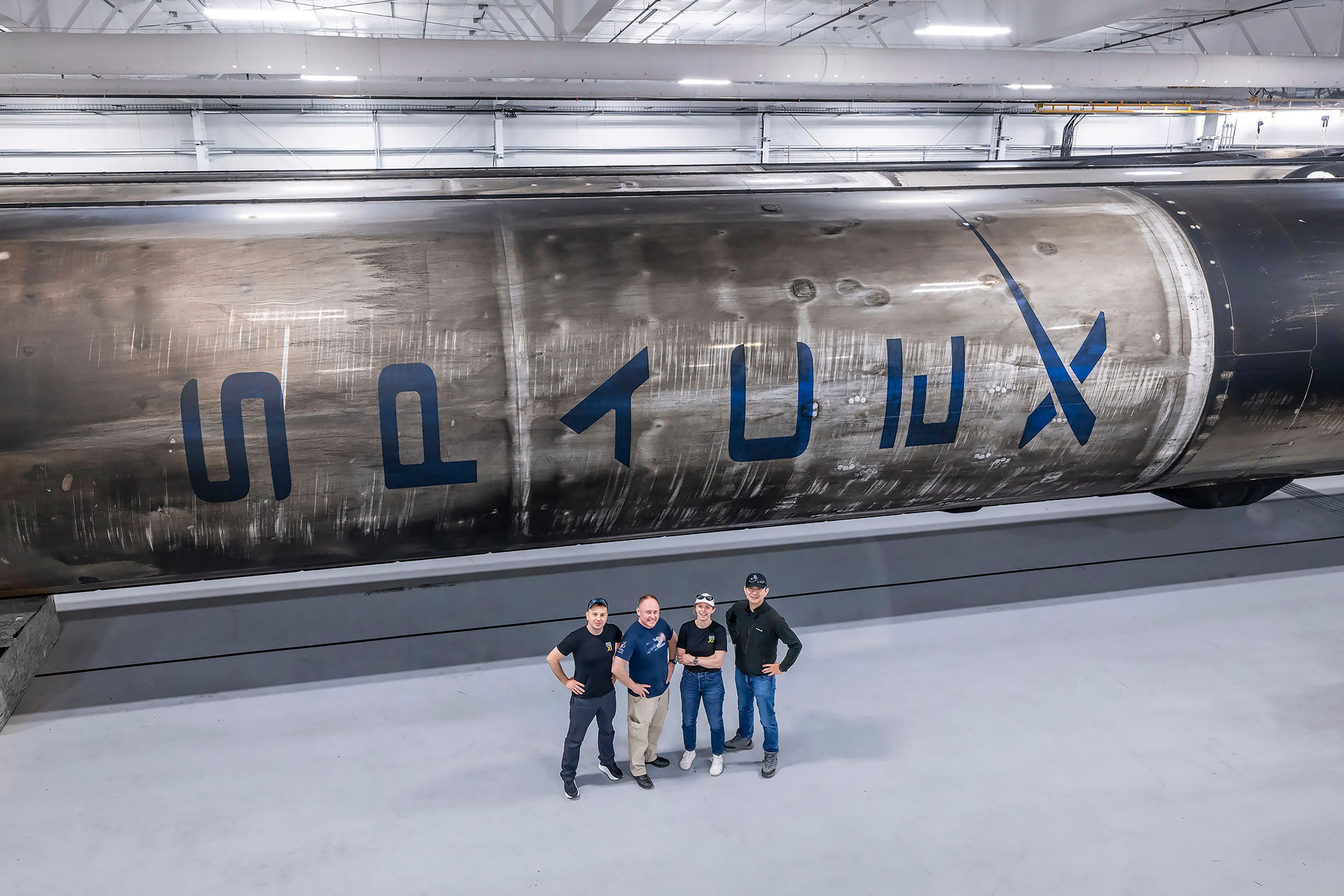Eutelsat Eyes Leasing Ka-Band Capacity for Tooway System
Satellite-fleet operatorEutelsat is looking for gap-filler Ka-band capacity over Europe to meet theexpected demand for consumer broadband services starting this year as it waitsfor its large Ka-Sat satellite to be completed and launched in 2010, companyofficials said.
In a measure of itsconfidence that Europe, like North America, will prove fertile ground forsatellite-delivered consumer broadband, Paris-based Eutelsat said rollout ofits Tooway broadband service using ViaSat Inc.-built customer terminals islikely to be too popular to be accommodated on an existing satellite.
Eutelsat is beginningKa-band consumer broadband service this year using the limited Ka-band capacityon its Hot Bird 6 satellite. It also is debuting the service using Ku-bandcapacity to get an initial feel for the market.
Eutelsat has ordered alarge, all-Ka-band satellite from Astrium Satellites of Europe for delivery inlate 2010. But to protect against the possibility of having frustratedcustomers between now and then, Eutelsat wants to lease what little Ka-bandcapacity exists among its competitors.
Presenting the company'shalf-year financial results here Feb. 14, Eutelsat Chief Executive GiulianoBerretta repeated his earlier forecast that the Ka-Sat program wouldgenerate 100 million euros ($145 million) in annual revenue starting in 2012.
Berretta said Ka-Satwould be able to deliver a gigabyte of data for one-eighth the cost of thecompany's current broadband service to businesses, which uses ViaSat-builtterminals and Eutelsat's conventional Ku-band satellites
Eutelsat's D-Starbroadband service features terminals that cost up to 800 euros, while the Ka-Sat-ViaSatsystem will feature terminals whose wholesale cost will be less than 300 euros,Berretta said.
Get the Space.com Newsletter
Breaking space news, the latest updates on rocket launches, skywatching events and more!
Eutelsat Deputy ChiefExecutive Jean-Paul Brillaud said Eutelsat has not ruled out investing inViaSat's ViaSat-1 satellite program, a larger version of Ka-Sat that is plannedfor the North American market starting in 2011. ViaSat-1 is under constructionby Space Systems/Loralin Palo Alto, Calif.
Carlsbad, Calif.-basedViaSat has said it has no intention of becoming a satellite operator, but hasordered ViaSat-1 only because no one else in North America was moving fastenough to meet consumer demand. ViaSat is looking for strategic partners, andEutelsat has long said North America is one of the few major satellite marketsit has not yet entered.
Meanwhile, Eutelsat isaccelerating its fleet expansion beyond Ka-Sat. Berretta said the company hasdecided to order a large Ku- and Ka-band satellite in the coming weeks toreinforce its capacity at the 7 degrees east orbital slot. Eutelsat's existingsatellite there, W3A, is 90 percent full and growth prospects in eastern Europeand southern Africa remain strong, Berretta said.
The new satellite, tocarry 53 Ku-band and three Ka-band transponders, will be called W3B and will beco-located with W3A.
W3B, to be launched in2010, will force Eutelsat to increase its planned capital spending between 2007and 2010.
Eutelsat now expects tospend 450 million euros per year for that period, compared to 420 million eurospreviously expected.
The difference in capitalspending of 90 million euros over three years is not enough to pay for W3B andits launch. But Berretta said Eutelsat in recent months has determined thatother satellites it expected to order between now and 2010 can be delayedbecause Eutelsat's existing fleet is holding up better than expected.
In addition, he said, theKa-Sat contract signed with Astriumin December is less expensive than Eutelsat had expected.
Once ordered in thecoming weeks, W3B will bring to seven the number of spacecraft Eutelsat hasunder construction. Two are scheduled for launch this year, three in 2009 andtwo in 2010. Berretta said never before has Eutelsat had so many satellites inproduction at the same time.
For the six months endingDec. 31, Eutelsat reported revenue of 429.4 million euros, up 3.4 percent fromthe same period a year ago. But EBITDA — earnings before interest, taxes,depreciation and amortization, an often-used measure of profitability — was81.3 percent of revenue.
Eutelsat is "far andaway the most profitable of the major fixed satellite services operators,"said Eutelsat Chief Financial Officer Catherine Guillouard.
The company'sbacklog stood at 3.6 billion euros as of Dec. 31, down slightly from a yearearlier only because many contracts continue until the satellites associatedwith them are retired, Brillaud said. As these satellites age, the amount ofbacklog associated with them automatically reduces.
- To Build Hinode: A Music Video
- Satellites That Bleed: The Future of Self-Healing Satellites
- Satellites at SPACE.com
Join our Space Forums to keep talking space on the latest missions, night sky and more! And if you have a news tip, correction or comment, let us know at: community@space.com.

Charles Q. Choi is a contributing writer for Space.com and Live Science. He covers all things human origins and astronomy as well as physics, animals and general science topics. Charles has a Master of Arts degree from the University of Missouri-Columbia, School of Journalism and a Bachelor of Arts degree from the University of South Florida. Charles has visited every continent on Earth, drinking rancid yak butter tea in Lhasa, snorkeling with sea lions in the Galapagos and even climbing an iceberg in Antarctica. Visit him at http://www.sciwriter.us









